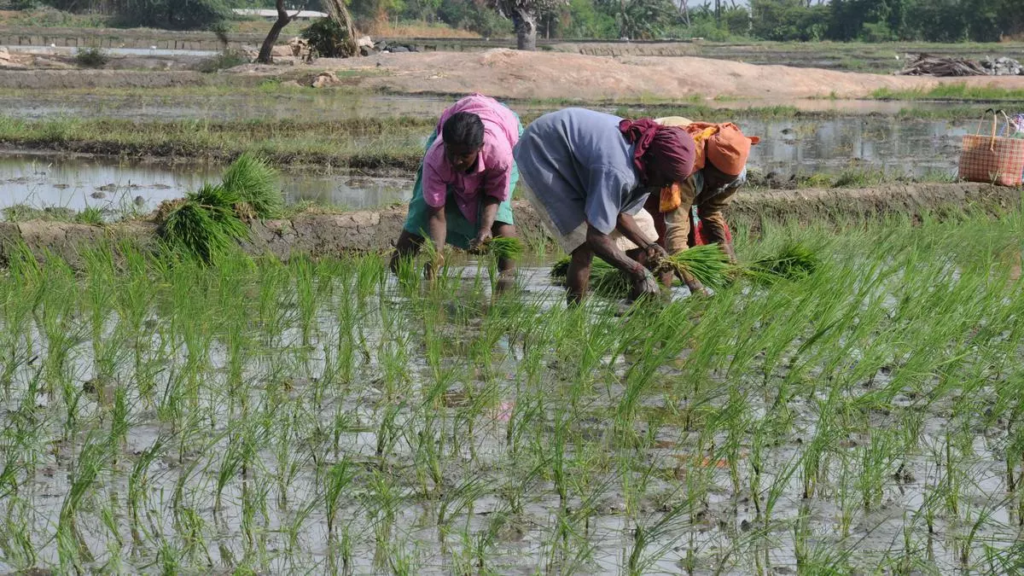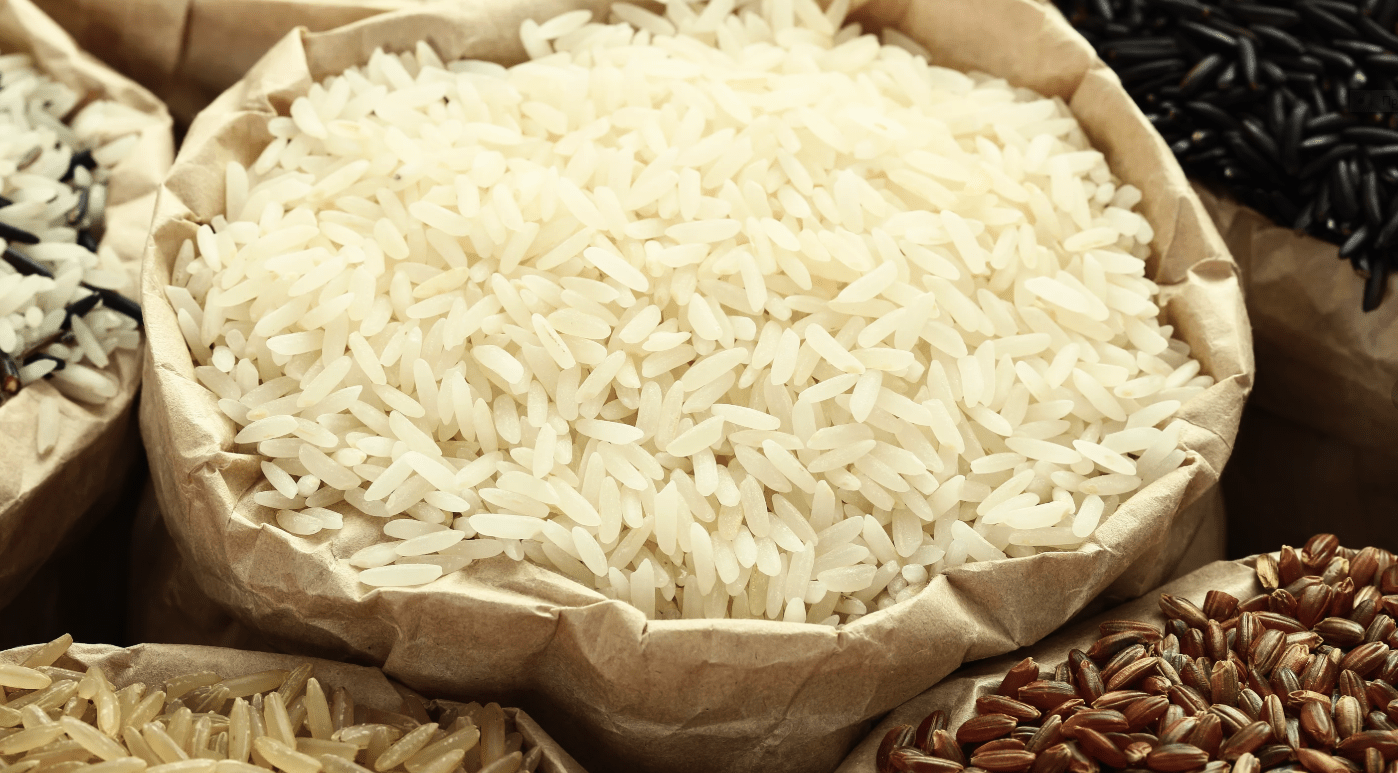Tags
Bayer partners Shell, GenZero to cut emissions in rice cultivation
Programme targets to cover 25,000 hectares in kharif and rabi 2023-24 seasons

Paddy rice cultivation is responsible for approximately 10 per cent of global methane emissions, a potent greenhouse gas with a global warming potential over 27 times that of carbon dioxide
Bayer in collaboration with GenZero, a Temasek-owned investment platform company focussed on accelerating decarbonisation globally, and Shell Energy India Private Ltd and other experts has announced efforts to develop a robust model to showcase the scalability of methane emissions reduction in rice cultivation.
The proposed approach will include training, support, and guidance for smallholder farmers while utilising Measurement, Reporting & Verification (MRV) mechanisms incorporating remote sensing technology. The project aims to set a benchmark for similar efforts in the rice decarbonisation space, Bayer said in a statement.
DSR system
Bayer over the last two years has already done the necessary groundwork and initiated a pilot Sustainable Rice Project across India. It started with an aim to generate carbon reductions by encouraging rice farmers to switch from the current practice of transplanting by continuously flooding fields to Alternate Wetting and Drying (AWD) that involves controlled and intermittent flooding and Direct Seeded Rice (DSR) that involves no transplanting operations and very limited flooding.
With this collaboration in place, the programme in its first year aims to significantly scale up its coverage to 25,000 hectares of rice cultivation during the kharif 2023 and rabi 2023-24 seasons. Any success achieved during this first year will pave the way for the implementation of an even larger-scale sustainable rice project. Beyond greenhouse gas reduction, the programme is expected to generate other benefits such as water savings, soil health improvement, and enhanced community livelihoods for smallholder rice farmers.
Simon-Thorsten Wiebusch, Country Divisional Head, Crop Science Division of Bayer for India, Bangladesh & Sri Lanka said, “Bayer’s commitment to rice cultivation is two-fold. Through our focus on rice, we want to solve two of the biggest challenges impacting humanity, namely, food security and climate change. With this programme, we aim to get more insights into how regenerative agricultural practices can contribute to mitigating climate change by way of methane emission reductions, water conservation, soil health improvements and drive sustainable development of smallholder farmers. Having the expertise and support of organizations like GenZero, Shell, International Rice Research Institute (IRRI) and others will go a long way in developing the ecosystem for faster adoption of such sustainable practices”.
Paddy rice cultivation is responsible for approximately 10 per cent of global methane emissions, a potent greenhouse gas with a global warming potential over 27 times that of carbon dioxide. Rice farms occupy 15 per cent of the global farm area, equivalent to more than 150 million hectares worldwide. It also consumes around one-third of the global fresh water. To address the challenges of climate change and limit global temperature rise, a significant and scalable effort is required to promote methane emissions reductions in rice cultivation.
Frederick Teo, CEO of GenZero, said, “Rice is one of the leading sources of methane emissions, with India being the second largest producer of rice globally. Decarbonising rice cultivation is therefore essential for fighting climate change and addressing food security challenges. With this programme, we aim to transform the future of rice cultivation by driving the adoption of alternative wetting and drying as well as direct seeding techniques across smallholder farmers in India. The aim is to reduce the amount of water required for farming across many water-stressed agricultural regions in India and reduce methane emissions arising from rice cultivation, supporting the transition of the agricultural industry towards a low-carbon future.”
https://www.thehindubusinessline.com/economy/agri-business/bayer-partners-shell-genzero-to-cut-emissions-in-rice-cultivation/article67167577.ecePublished Date: August 8, 2023







